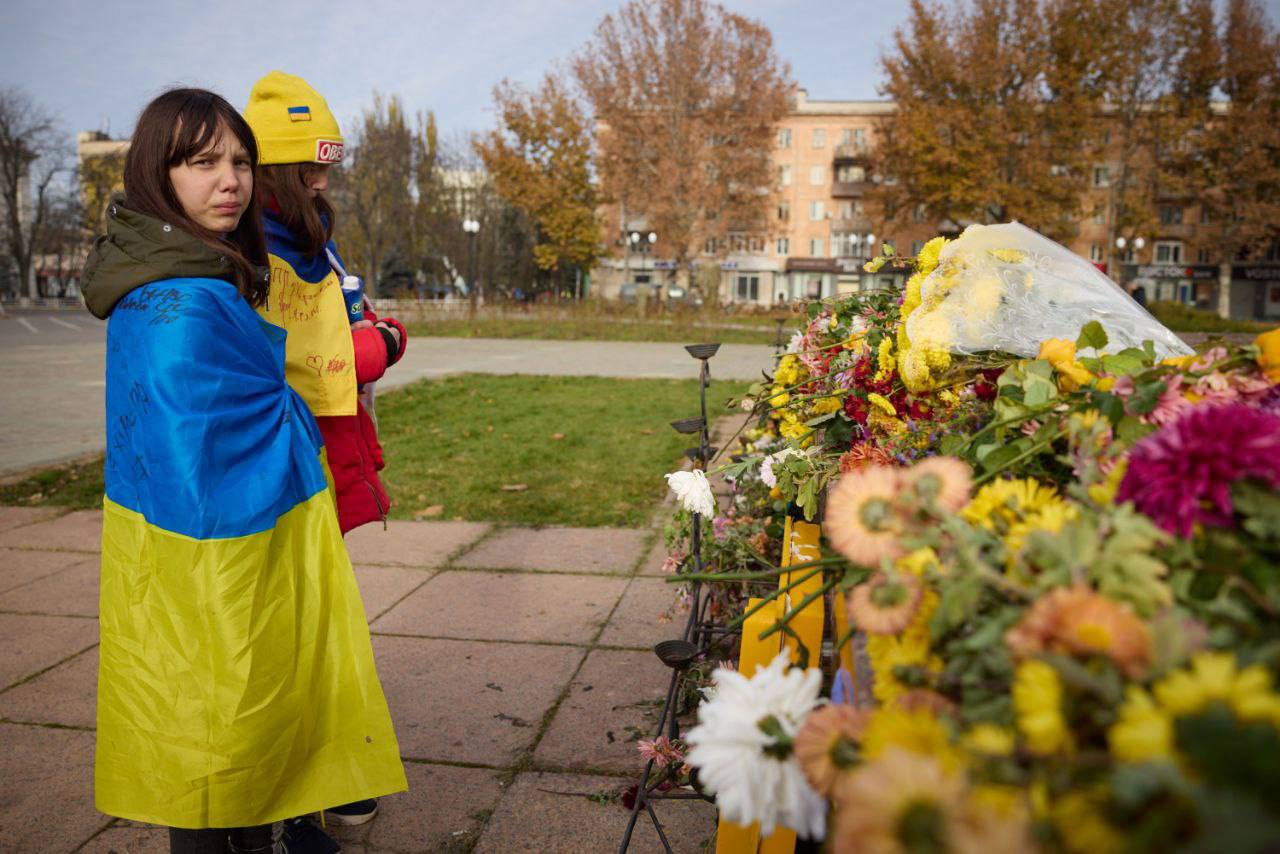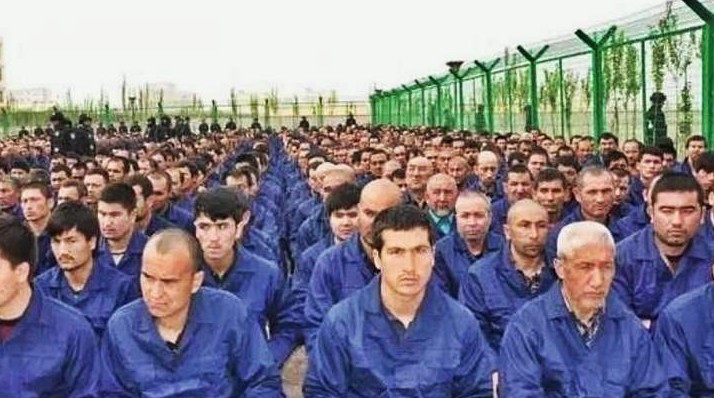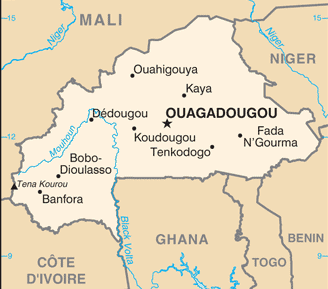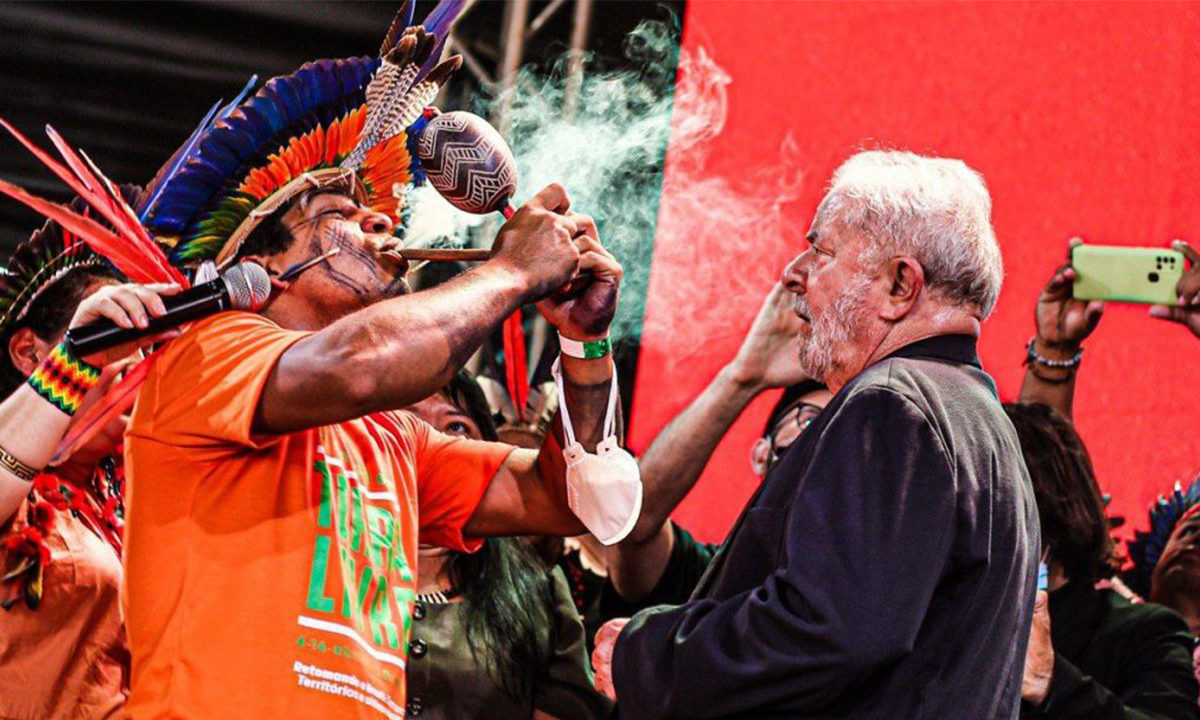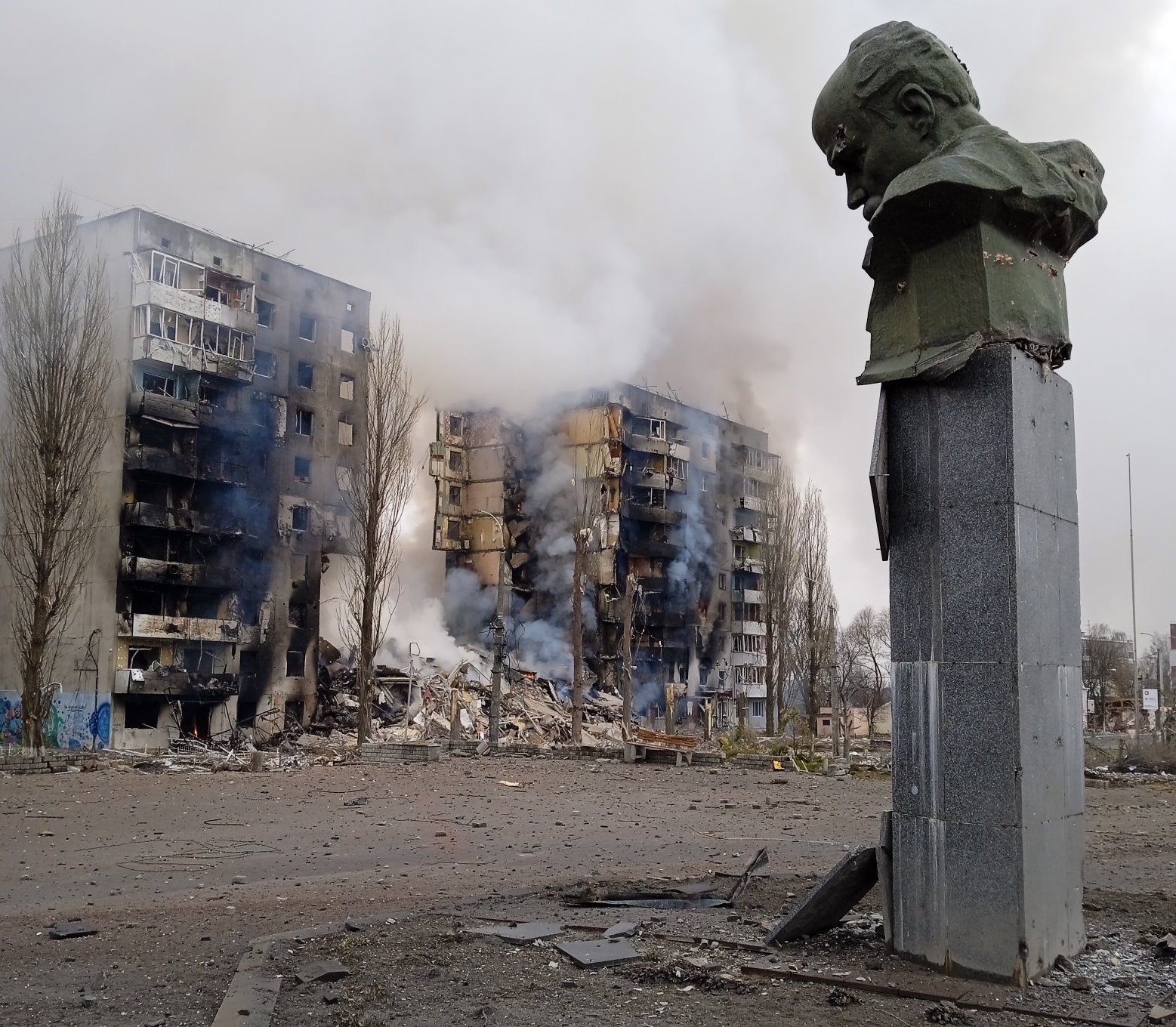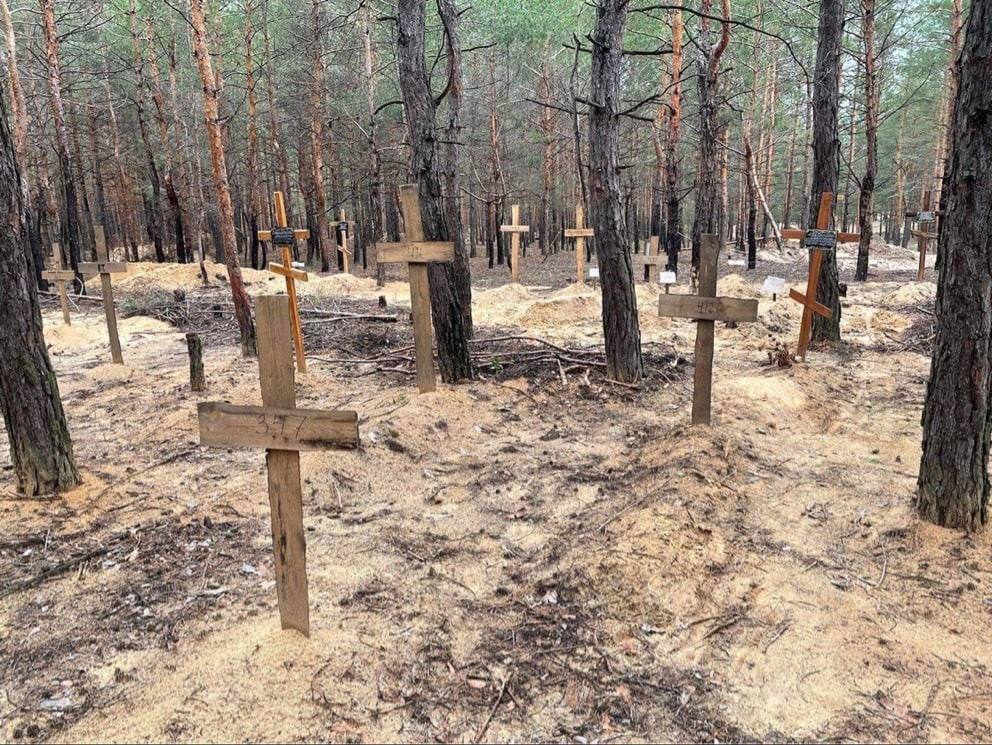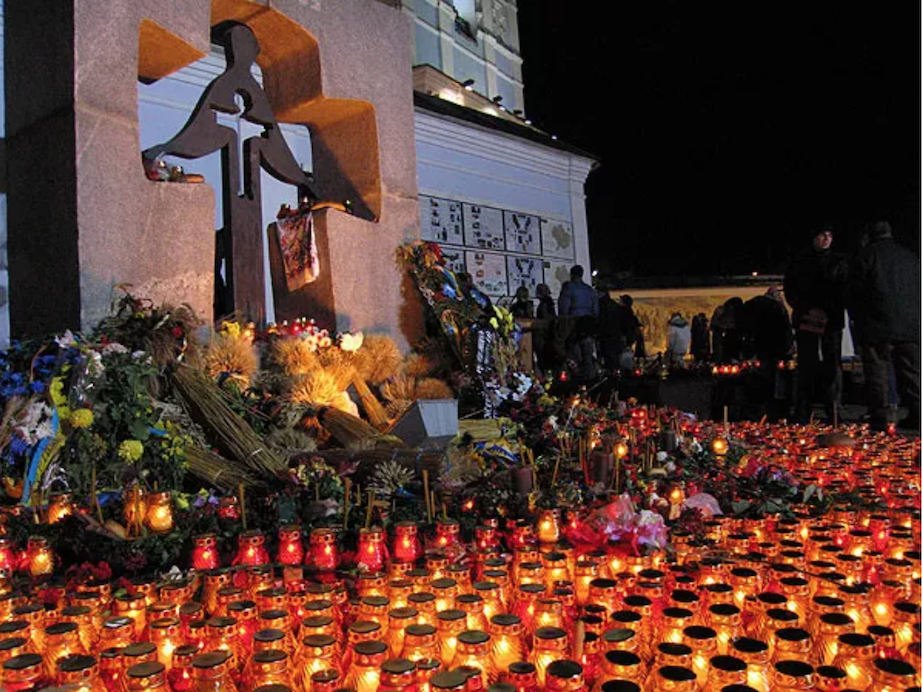
Germany recognizes Holodomor as genocide
The German Bundestag voted to formally recognize the Holodomor, a politically induced famine that decimated Ukraine in 1932-3, as a genocide. The declaration found that Soviet authorities demanded inflated quantities of grain from Ukrainian farmers and punished those who fell short with additional demands. Affected regions were cut off from the rest of the Soviet Union so that Ukrainians could not receive aid. As a result, approximately 3.5 million Ukrainians starved to death. The Bundestag characterized the Holodomor as a project of Joseph Stalin to suppress the Ukrainian “way of life, language and culture,” and one of the most “unimaginable crimes against humanity” in Europe’s history. The motion also recognized Germany’s own history of genocide and the Bundestag’s “special responsibility” to acknowledge and condemn crimes against humanity. Ukraine declared the Holodomor a genocide in 2006. (Photo: 2019 Holodomor remembrance in Kyiv. Credit: EuroMaidan Press)



